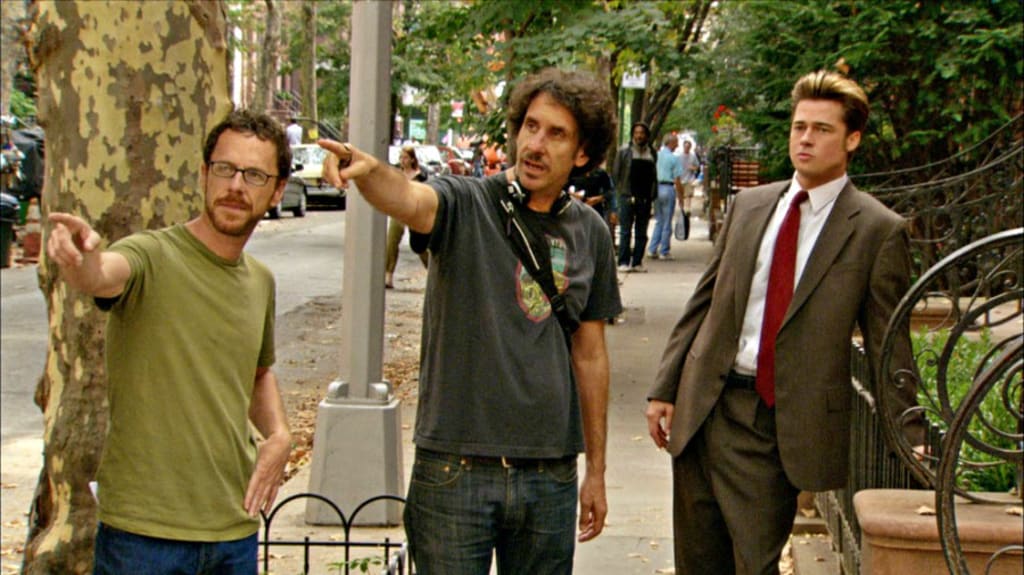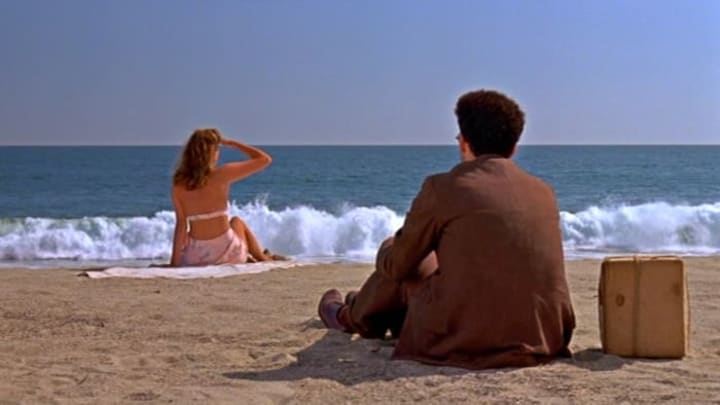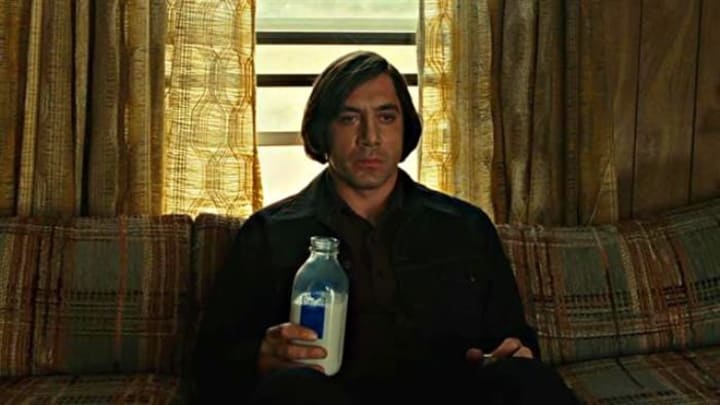Auteurs Unleashed: 4 Ways How the Coen Brothers Break Convention
To better understand these brilliant auteurs and their unhinged style of filmmaking, let's take a look at four ways the Coen brothers constantly break convention.

You've just seen a Coen brothers movie and someone asks you to describe what kind of a film was it. Are you going to start by talking about the story, tone, genre, etc? Probably not, as the only logical answer here would be that, well, it was a Coen brothers movie. Kind of like its own little genre, where the only consistency is this unique and unconventional brand of enjoyment. However, when delving deeper into their varied and fascinating filmography, it becomes evident that there is a clear rhyme and reason behind that unconventionality.
So, to better understand these brilliant auteurs and their unhinged style of filmmaking, lets take a look at four ways they constantly break conventions and explore what lays behind it.
4. Messing With Tone And Structure

'Fargo' [Credit: Gramercy Pictures]
How exactly do they break this convention? Now, while the Coens definitely prefer certain types of stories (crime, film noir) and have also made some more classically structured films (True Grit), it's fair to say that it usually tends to be all over the place with them.
Within the world of Coens, drama and dark comedy are almost inseparable (Fargo), an intriguing crime plot can just be a canvas for a philosophical stoner comedy (The Big Lebowski), a period piece about a jail break might turn out to be a modern retelling of Homer's Odyssey, while also being an odd musical (O Brother, Where Art Thou?) and a romantic comedy can actually hide a con artist flick (Intolerable Cruelty). All in all, you're never quite sure what you're getting into.
What lays behind it? The first thing to understand about the Coen brothers is that the story rarely comes first with them. It's always more about the exploration of the characters they created and themes they want to tackle with them. The plot is just whaterver it needs to be to achieve it.
Now, while certainly a great way to provide clever social commentary and philosophical subtext, does it mean that the Coens are weak storytellers? Well, on the contrary. You see, by first establishing these fascinating characters and intriguing themes, you get a sense that they almost let the script write itself from there. This, in turn, ensures that the stories they tell are not only extremely original and free of convention, but also have a wonderfully natural flow to them.
3. An Unsteadily Hightnened Realism

'Hail, Caesar!' [Credit: Universal Pictures]
How exactly do they break this convention? Another consistent factor in most Coen brothers movies is the way they combine extreme realism and complete absurd. On the one hand, the characters they create have a storng sense of sincerity to them and are always captivatingly flawed. Yet, they're often sincere and flawed to a point of satire and do have a tendency to be completely oblivious to the absurdity in their own behaviour or the world that surrounds them (The Hudsucker Proxy, Hail, Caesar!).
Add to that a vague supernatural element or a dream sequence that might just pop out of nowhere and you can never be sure just how rooted in reality that on-screen universe is. Now, of course, it's rarely an issue, since this approach tends to result in brilliantly snappy dialogue and give many well-cast actors an opportunity to shine (yet another one of Coens' major strenghts).
What lays behind it? As said before, Coens are always eager to add sub-text and metaphors to their films. That, in turn, means that they have to heighten their own cinematic reality in order to provide the audience with a necessary distance for noticing all of that sub-text. Yet, by never venturing too far from their sense of realism, the Coens also manage to keep these intellectual explorations emotionally resonant. A fine balancing act, which they have gotten down to a tee.
2. Unconventional Lead Characters

'The Big Lebowski' [Credit: Gramercy Pictures]
How exactly do they break this convention? The protagonists in Coen borthers movies are curious beasts. For one, they're certainly not your average leads, as they range from animated to so ordinary that it starts to feel unconventional in it's own right. Additionally, they often seem to be almost disinterested in the plot of the movie they're supposed to lead like Ed Crane in The Man Who Wasn't There. And, well, then of course there is the Dude (The Big Lebowski), who really doesn't care for any of that criminal conspiracy he is dragged into. He just wants to bowl, get compensation for his rug and take it easy for the rest of us, as he actively tries to escape the plot of his own movie.
What lays behind it? In most cases, a protagonist is the one who provides a point of view through which the filmmakers tell the story. Now, with Coens love for satirising society and human behaviour in general, a different (and often somewhat detached) point of view does come in handy, as it brings out life's absurdities we often don't even notice.
1. Vague Endings

'Barton Fink' [Credit: 20th Century Fox]
How exactly do they break this convention? Onto an element of Coen brothers movies that seems to divide opinion on them the most. Namely, they don't exactly leave you with a sense of clarity once the credits start rolling. Instead, the story just sort of stops and leaves the viewer pondering. Indeed, whether its seeing Barton Fink sit on the beach (Barton Fink), listening to Ed Tom Bell's anticlimactic speech (No Country for Old Men), witnessing Llewyn Davis getting beat up in an alleyway (Inside Llewyn Davis), or having two confused looking CIA executives looking at each other not knowing what to make of the plot (Burn After Reading), Coens certainly like to keep things vague.

'No Country For Old Men' [Credit: Miramax Films]
What lays behind it? This approach to endings shows that not only do the Cones want to challenge us but — more importantly — that they respect our intelligence. It's as if they're telling us: "Look, here's humanity and life with all of their absurdity, ugliness and beauty. Whatever you want to make of it, is up to you. We'll just give you a few subtle pointers." Thing is, the difference between a lazy and a cleverly vague ending is defined by whether it motivates us to think about the story we've just been told. And, well, safe to say that Coen's movies definitely fall into the latter category.
To Sum Up
Most of Coen brothers filmography seems to based around a simple realisation: People and life in general can be ugly, absurd and not make much sense half of the time. However, within this crazyness, is also a great beauty to behold and a ton of fun to be had by exploring it. Can't wait to see where this exploration takes them next.
On that note, check out the trailer for Suburbicon, which is written by the Coens and directed by none other than their frequent collaborator George Clooney
About the Creator
Art-Peeter Roosve
So, to put it simply (and slightly cheesily) I'm fascinated with life. And, well, writing about films, TV shows, video games, music, travelling, philosophy and Formula 1 among other is a fun way to explore it.






Comments
There are no comments for this story
Be the first to respond and start the conversation.